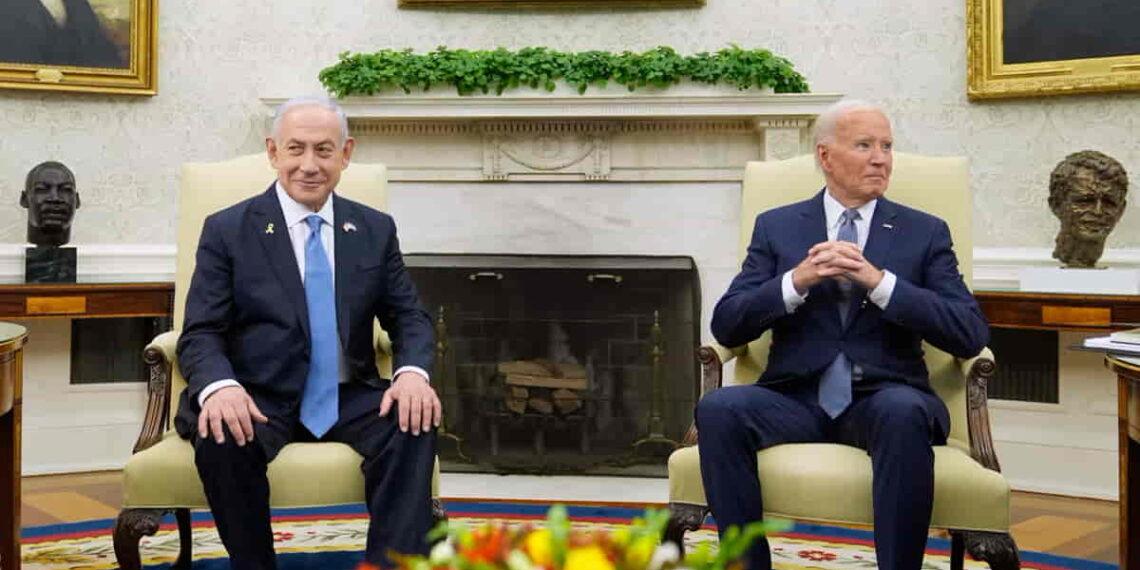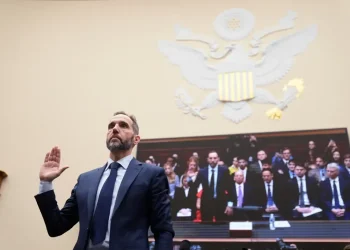The U.S. State Department has informed Congress of its intent to sell $8 billion worth of arms to Israel, according to sources familiar with the matter. This informal notification was sent to the House Foreign Affairs Committee and Senate Foreign Relations Committee on the first day of the new Congress, just weeks before the Biden administration is set to leave office.
Israeli Prime Minister Benjamin Netanyahu had previously accused the Biden administration of withholding weapons from Israel, a claim that was strongly denied by a U.S. envoy, who called it “unproductive” and “completely untrue.”
The proposed arms sale comes amid ongoing accusations from human rights groups that Israel is violating international law, particularly regarding its use of U.S. weapons in the ongoing conflict with Hamas in Gaza. Tens of thousands of people have been killed in the conflict. While the State Department has acknowledged that U.S. weapons may have been used in ways “inconsistent” with international humanitarian law, it stopped short of labeling Israel’s actions as violations of the law.
The $8 billion arms package, first reported by Axios, includes a range of military equipment. These include AIM-120C-8 AMRAAM air-to-air missiles, which are designed to counter airborne threats like drones. The sale also includes artillery shells, Hellfire AGM-114 missiles, Small Diameter Bombs (SDBs), JDAM tail kits, 500-pound warheads, and FMU-152A/B bomb fuses.
A U.S. official emphasized that the proposed sale is intended to bolster Israel’s long-term security by replenishing its stock of critical munitions and enhancing its air defense capabilities. The official reiterated the U.S. position that Israel has the right to defend its citizens in accordance with international law, and to deter aggression from Iran and its allied organizations.
While some of the munitions could be delivered from current U.S. stockpiles, the majority will require production, with delivery taking anywhere from one year to several years.
This informal notification process, which is common practice, serves as an early alert to congressional committees, allowing them to raise concerns, provide input, or even place holds on the sale if necessary.
Source
This article was rewritten by JournosNews.com based on verified reporting from trusted sources. The content has been independently reviewed, fact-checked, and edited for accuracy, neutrality, tone, and global readability in accordance with Google News and AdSense standards.
All opinions, quotes, or statements from contributors, experts, or sourced organizations do not necessarily reflect the views of JournosNews.com. JournosNews.com maintains full editorial independence from any external funders, sponsors, or organizations.
Stay informed with JournosNews.com — your trusted source for verified global reporting and in-depth analysis. Follow us on Google News, BlueSky, and X for real-time updates.













